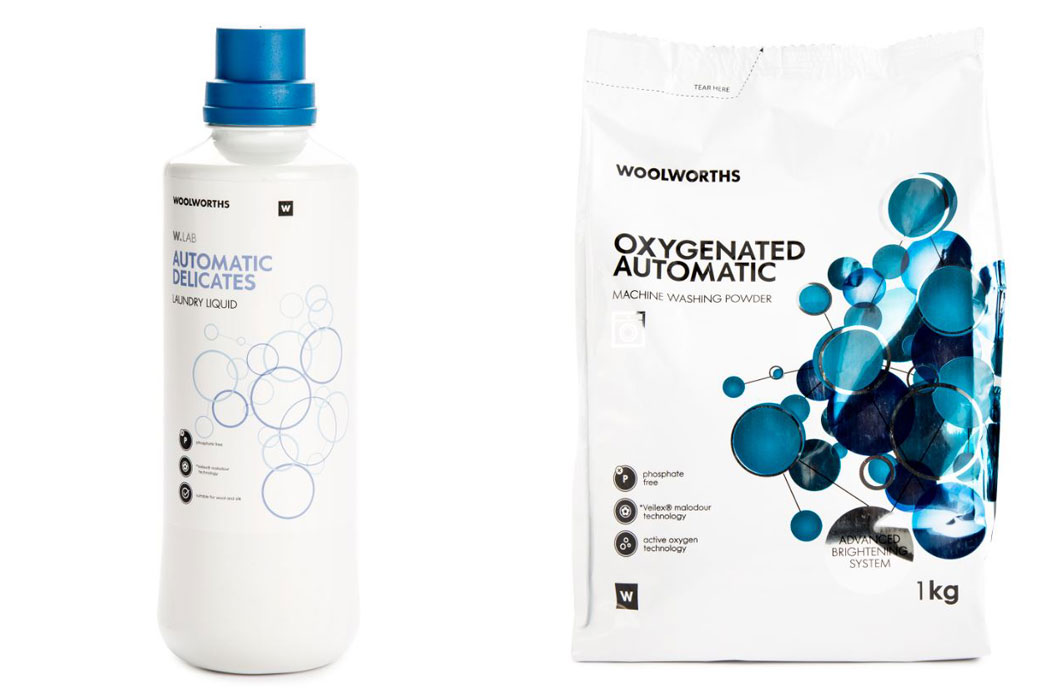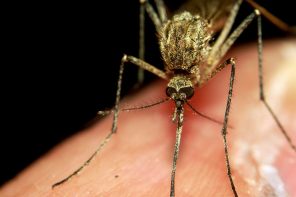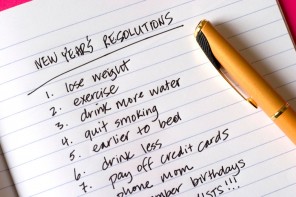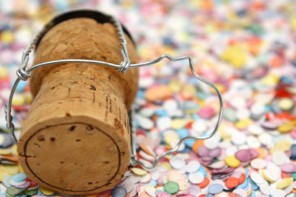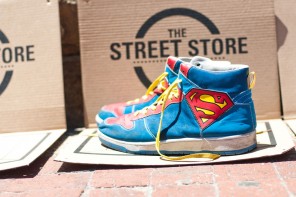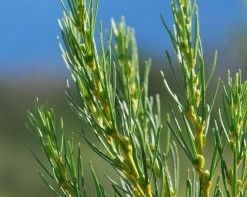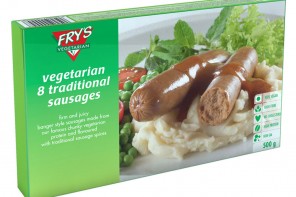This week marks National Water Week in South Africa. You may think no-one knows what you do in a bathroom behind closed doors, but the men and women working at the Department of Water and Sanitation definitely do. They get to sift through your water waste to remove blockages from our sewers so that water is able to move freely through water treatment facilities back into our rivers and lakes. As tempting as it might be to dump and flush, remember that the toilet was designed to only process the body’s digestive system and nothing else.
We lose 40% of our water supply due to poor infrastructure
Samantha Braid, water scientist at Aurecon and co-founder of NPO, The Watershed Project and The Watershed Festival (being held during National Water Week in Cape Town 14 -24 March 2015) shares the top five most shocking items that regularly clog our sewer systems.
- Hair: the biggest culprit and so many of us do it. Like dental floss it forms giant balls which trap odours and create blockages.
- Cat Litter: cat poop contains toxins and parasites that shouldn’t be in our water system and the cat litter contains clay and sand – two things guaranteed to block the system
- Condoms: are slippery little buggers, especially once used. They usually end up caught in the pumps used to get the sewerage to the treatments plants. This means someone has to physically remove them by hand. Otherwise sometimes it can make it all the way through the filtration process and end up in rivers or pumped onto your favourite strawberry farm for agricultural purposes. Gross.
- Leftover food: if you want to clog your pipes then go ahead and flush your food. But rather throw it into the garbage or compost heap.
- Razor blades: they clog your pipes and can cause a lot of damage to people working in the sewers who try to remove them after causing a blockage.
Many other items such as nappies, wet wipes, ear buds, cotton wool pads, plasters, sanitary pads, tampons, chewing gum, cigarettes, medicine, paint, oil, false teeth, and dental floss are all dumped in toilets daily. This results in massive blockages that require complete water system shut downs and man power to clear the debris from the sewer pipes.
South Africa’s water filtration infrastructure is in desperate need of upgrading and isn’t equipped to manage this sort of pollution especially seeing we lose 40% of our water supply due to poor infrastructure. Being mindful of what you dump and flush can make all the difference.
ENTER & WIN!
Woolworths’ recently launched WLAB washing detergents & laundry liquids, which have been scientifically formulated for improved performance and are phosphate free. So you can now you can be powerful in the home but gentle on nature. Woolworths and The Watershed Project are giving 2 lucky Live Eco readers the chance to win a WLAB hamper and double tickets to watch any film of their choice at the Watershed Film Festival at the Labia Theatre from 21 – 24 March 2015 worth R300 each.
To enter tell us in the comments section below which film you would like to watch. Tweet this competition to @liveeco_za for an extra entry.
We will be picking one winner on Friday and one on Monday. Competition ends 9am on 23 March 2015.
Competition ends on 9am, 23 March 2015.
Winners will be announced on 20 and 23 March 2015 .
One vote per email address.
Winner will be chosen at random.
If winner cannot be contacted, the prize will be reassigned.
Live Eco reserves the right to forward entrants´ details to competition sponsors.
The judges´ decision is final.
Competition prizes not transferable and no cash alternatives are allowed.
By entering this competition, you agree to receive correspondence from Live Eco and affiliated competition sponsors.
Competition is only open to South African residents.
Image here


